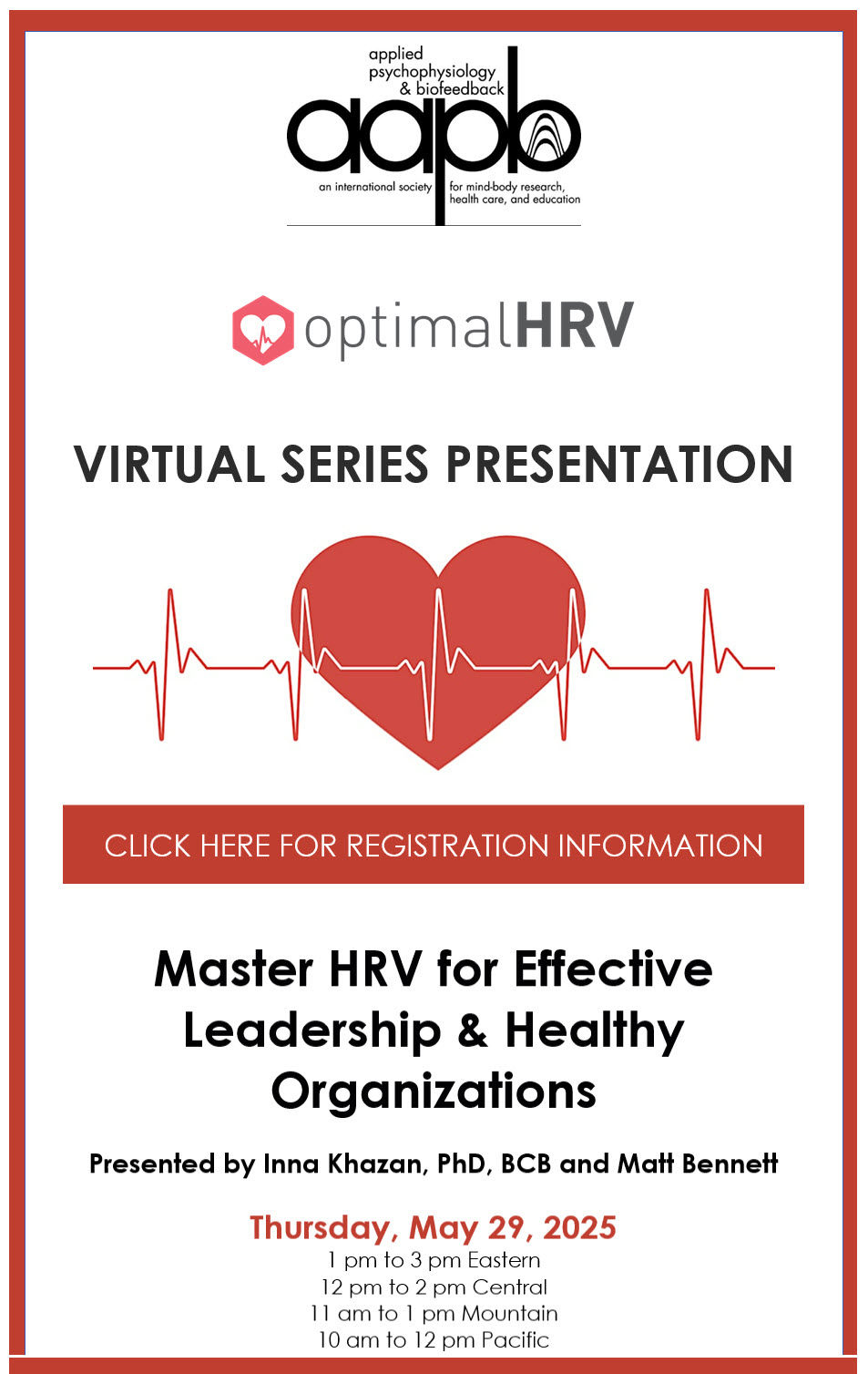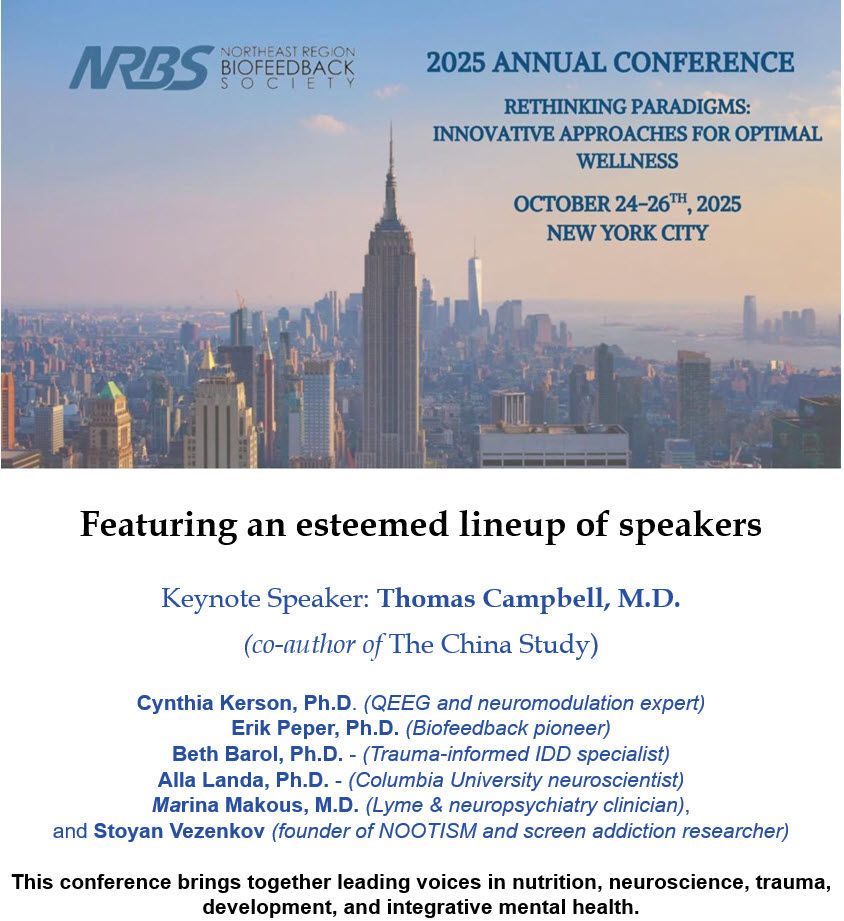5-Min Science: Stimulants Don't Improve Grades or Learning
- BioSource Faculty
- May 6, 2025
- 7 min read
Updated: Aug 1, 2025

The efficacy of stimulant medications for improving academic performance and learning in children diagnosed with Attention-Deficit/Hyperactivity Disorder (ADHD) has been extensively debated.
Stimulant medications for children with ADHD consistently improve classroom behavior and the amount of work completed, but have limited direct effects on learning new material or overall academic achievement. Their primary benefit lies in managing symptoms and increasing productivity, rather than enhancing the learning process.
Large-scale studies and meta-analyses consistently demonstrate that, while stimulants may reduce symptoms of hyperactivity and impulsivity, their impact on long-term academic achievement and actual learning outcomes remains inconclusive (Swanson et al., 2017). Despite short-term attention and classroom behavior improvements, stimulant treatment does not reliably translate into better grades or sustained academic gains.
Impact on Learning and Retention
There is little to no evidence that stimulants improve the actual learning or retention of new academic material (Lackhan, 2013; Merrill et al., 2017; Pelham et al., 2022; Swanson et al., 1991).
Minimal Effects on Accuracy and Academic Achievement
Academic improvements are generally small and mostly limited to specific areas like math productivity and reading speed, with minimal effects on accuracy or broader academic achievement (Kortekaas-Rijlaarsdam et al., 2019; Lackhan, 2013; Merrill et al., 2017; Prasad et al., 2013).
Stimulants Don't Enhance Complex Learning or Cognitive Flexibility
Stimulants may help with rote memory tasks but do not enhance complex learning or cognitive flexibility. Any improvements in memory are more likely with tasks involving repetition rather than understanding or applying new concepts (Lackhan, 2013).
Findings from the MTA Study
The Multimodal Treatment of Attention Deficit Hyperactivity Disorder (MTA) study, one of the largest and most influential clinical trials involving 579 children aged 7–10 years, initially demonstrated significant short-term improvements in behavioral symptoms with stimulant medication. However, follow-up assessments at 36 months and beyond showed no substantial differences in academic achievement, measured by standardized reading and mathematics tests, between medicated and non-medicated groups (Molina et al., 2009). This longitudinal perspective raises critical questions about the actual educational benefits of stimulant therapy.
Meta-Analysis Insights About Stimulants
Similarly, a comprehensive meta-analysis conducted by Loe and Feldman (2007), which aggregated data from numerous smaller studies, concluded that stimulants produced modest improvements in classroom behavior but negligible impacts on long-term academic performance. These findings underscore the distinction between improved attention and genuine learning gains. The methodological rigor of included studies varied significantly, limiting the meta-analysis’s conclusiveness due to heterogeneity in treatment duration, assessment tools, and sample characteristics.
Longitudinal Evidence: The Quebec Study
Additionally, large-scale longitudinal research such as the Quebec Longitudinal Study of Child Development (QLSCD) involved 2,800 children, providing robust evidence that stimulant medication does not significantly enhance academic outcomes. Children treated with stimulants exhibited initial behavioral improvements; nonetheless, follow-up evaluations indicated no lasting academic advantage compared to untreated children, suggesting the potential for stimulants to mask rather than resolve underlying learning difficulties (Currie, Stabile, & Jones, 2014).
Methodological Critiques of Major Studies
Critically examining these studies reveals methodological limitations that must be considered when interpreting results. The MTA study's randomized controlled trial (RCT) design offered robust initial validity, but attrition rates and variations in subsequent treatments complicated long-term analyses. Similarly, the QLSCD's observational nature limited causal inference due to potential confounding variables, such as socioeconomic status and parental involvement, which can substantially influence academic outcomes independently of medication status.
Standardized Assessments and Academic Outcomes
Investigations into standardized test scores and GPA outcomes further support the notion that stimulant medication does not substantially boost academic performance. For instance, a large-scale analysis of national educational assessments involving thousands of students with ADHD found no statistically significant advantage for medicated children in mathematics or reading achievements over extended periods (Scheffler et al., 2009). These results persistently indicate a disconnect between symptom management and tangible academic gains.
Neuroscientific Perspectives on Learning and Attention
Emerging neuroscientific perspectives suggest that stimulants primarily target attentional control and impulse modulation, functions only indirectly related to learning processes such as comprehension, memory consolidation, and higher-order cognitive integration (Advokat & Vinci, 2012). This neurological distinction is crucial because improving classroom compliance or reducing hyperactivity does not inherently equate to improved cognitive processing or retention of academic material. Attention improvements allow students to engage more consistently in classroom activities, but do not necessarily enhance underlying cognitive abilities critical to learning.
Cognitive improvements in inhibitory control and working memory may mediate some of the observed benefits in productivity, but these do not necessarily translate into better learning outcomes (Hawk et al., 2018).
Flexible dosing strategies may optimize symptom control and productivity, but do not appear to significantly change the limited impact on academic learning (Farhat et al., 2022).
Teacher and Parent Observations
Additionally, qualitative evidence from teacher and parent reports consistently highlights transient behavioral improvements without corresponding gains in academic skills. Educators frequently report minimal changes in children's ability to comprehend complex subjects or demonstrate deeper learning, indicating that medication alone cannot foster significant educational growth (Swanson et al., 2017).
Conclusion
Overall, the cumulative evidence from large-scale studies, rigorous meta-analyses, and neuroscientific insights strongly suggests that stimulant medications, while effective for managing ADHD symptoms, do not significantly enhance grades or actual learning outcomes in children. This disconnect emphasizes the importance of complementary educational strategies and interventions targeting cognitive skills and classroom environments to support genuine academic progress. Stimulants remain valuable for managing ADHD by reducing impulsivity, hyperactivity, and inattention, thereby improving classroom behavior, productivity, social interactions, and overall quality of life, even if not directly influencing academic learning.
Key Takeaways
Stimulant medications improve ADHD behavioral symptoms but not long-term academic achievement.
Large-scale studies (MTA, QLSCD) indicate negligible academic benefits from stimulant use.
Methodological limitations complicate interpretations of long-term stimulant efficacy studies.
Improvements in attention and hyperactivity do not inherently enhance cognitive processes necessary for deep learning.
Complementary educational interventions are essential for improving academic performance.
Glossary
Attention-Deficit/Hyperactivity Disorder (ADHD): a neurodevelopmental disorder characterized by pervasive patterns of inattention, impulsivity, and hyperactivity.
longitudinal study: research conducted over extended periods, observing the same subjects repeatedly to detect changes over time.
meta-analysis: a statistical procedure integrating results from multiple studies to derive comprehensive conclusions about a topic.
Multimodal Treatment of Attention Deficit Hyperactivity Disorder (MTA): a landmark randomized controlled trial examining medication and behavioral interventions in children with ADHD.
Quebec Longitudinal Study of Child Development (QLSCD): a long-term observational study tracking the development of children in Quebec to evaluate various developmental outcomes, including academic performance.
randomized controlled trial (RCT): an experimental study design that randomly assigns participants to treatment or control groups to objectively determine the effects of interventions.
standardized tests: assessments administered and scored consistently, facilitating reliable comparisons across different individuals or groups.
stimulants: psychoactive medications, such as methylphenidate and amphetamine, prescribed primarily to manage symptoms of ADHD by enhancing certain neurotransmitter activities.
symptom management: therapeutic strategies aimed at reducing the severity or frequency of symptoms associated with a disorder, without necessarily addressing underlying cognitive or functional impairments.
References
Advokat, C., & Vinci, C. (2012). Do stimulant medications improve educational and behavioral outcomes for children with ADHD? Journal of Attention Disorders, 16(1), 43-52. https://doi.org/10.1177/1087054710373784
Currie, J., Stabile, M., & Jones, L. E. (2014). Do stimulant medications improve educational and behavioral outcomes for children with ADHD? Journal of Health Economics, 37, 58-69. https://doi.org/10.1016/j.jhealeco.2014.05.002
Farhat, L., Flores, J., Behling, E., Avila-Quintero, V., Lombroso, A., Cortese, S., Polanczyk, G., & Bloch, M. (2022). The effects of stimulant dose and dosing strategy on treatment outcomes in attention-deficit/hyperactivity disorder in children and adolescents: A meta-analysis. Molecular Psychiatry, 27, 1562 - 1572. https://doi.org/10.1038/s41380-021-01391-9
Hawk, L., Fosco, W., Colder, C., Waxmonsky, J., Pelham, W., & Rosch, K. (2018). How do stimulant treatments for ADHD work? Evidence for mediation by improved cognition. Journal of Child Psychology and Psychiatry, 59, 1271–1281. https://doi.org/10.1111/jcpp.12917
Kortekaas-Rijlaarsdam, A., Luman, M., Sonuga-Barke, E., & Oosterlaan, J. (2019). Does methylphenidate improve academic performance? A systematic review and meta-analysis. European Child & Adolescent Psychiatry, 28, 155-164. https://doi.org/10.1007/s00787-018-1106-3
Lakhan, S. (2013). Prescription stimulants in individuals with and without ADHD – Do they improve cognition? (P05.121). Neurology. https://doi.org/10.1212/wnl.80.7_supplement.p05.121.
Loe, I. M., & Feldman, H. M. (2007). Academic and educational outcomes of children with ADHD. Journal of Pediatric Psychology, 32(6), 643-654. https://doi.org/10.1093/jpepsy/jsl054
Merrill, B., Morrow, A., Altszuler, A., Macphee, F., Gnagy, E., Greiner, A., Coles, E., Raiker, J., Coxe, S., & Pelham, W. (2017). Improving homework performance among children with ADHD: A randomized clinical trial. Journal of Consulting and Clinical Psychology, 85, 111–122. https://doi.org/10.1037/ccp0000144
Molina, B. S. G., et al. (2009). The MTA at 8 years: Prospective follow-up of children treated for combined-type ADHD in a multisite study. Journal of the American Academy of Child & Adolescent Psychiatry, 48(5), 484-500. https://doi.org/10.1097/CHI.0b013e31819c23d0
Pelham, W., Altszuler, A., Merrill, B., Raiker, J., Macphee, F., Ramos, M., Gnagy, E., Greiner, A., Coles, E., Connor, C., Lonigan, C., Burger, L., Morrow, A., Zhao, X., Swanson, J., Waxmonsky, J., & Pelham, W. (2022). The effect of stimulant medication on the learning of academic curricula in children with ADHD: A randomized crossover study. Journal of Consulting and Clinical Psychology, 90 5, 367-380. https://doi.org/10.1037/ccp0000725
Prasad, V., Brogan, E., Mulvaney, C., Grainge, M., Stanton, W., & Sayal, K. (2013). How effective are drug treatments for children with ADHD at improving on-task behaviour and academic achievement in the school classroom? A systematic review and meta-analysis. European Child & Adolescent Psychiatry, 22, 203-216. https://doi.org/10.1007/s00787-012-0346-x
Scheffler, R. M., et al. (2009). Positive association between ADHD medication use and academic achievement during elementary school. Pediatrics, 123(5), 1273-1279. https://doi.org/10.1542/peds.2008-1597
Swanson, J. M., Arnold, L. E., Molina, B. S. G., Sibley, M. H., Hechtman, L. T., Hinshaw, S. P., Abikoff, H. B., Stehli, A., Owens, E. B., Mitchell, J. T., Nichols, Q., Howard, A., Greenhill, L. L., Hoza, B., Newcorn, J. H., Jensen, P. S., Vitiello, B., Wigal, T., Epstein, J. N., Tamm, L., … MTA Cooperative Group (2017). Young adult outcomes in the follow-up of the multimodal treatment study of attention-deficit/hyperactivity disorder: Symptom persistence, source discrepancy, and height suppression. Journal of Child Psychology and Psychiatry, and Allied Disciplines, 58(6), 663–678. https://doi.org/10.1111/jcpp.12684
Swanson, J., Cantwell, D., Lerner, M., McBurnett, K., & Hanna, G. (1991). Effects of stimulant medication on learning in children with ADHD. Journal of Learning Disabilities, 24, 219 - 230. https://doi.org/10.1177/002221949102400406

We have added Michael McKee, Anu Kotay, and Christine Sanchez to our Biofeedback Gallery and Brendan Parsons to our Neurofeedback Gallery. We have also added a PDF of this post at its end.
Support Our Friends











Comments